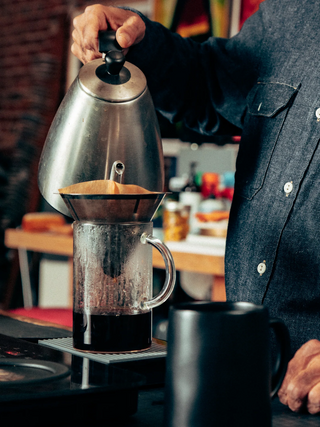
Why should I care about specialty coffee?
Adorned with the label "special" and boasting an average price of $30 per pound, the term specialty coffee can come off as a bit pretentious – a description seemingly crafted by the same marketing genius who birthed artisanal, small-batch, and boutique. However, the snap judgments made on this hotly contested term may be unwarranted.
Specialty coffee is harvested and cultivated for its quality of flavor through ethical and sustainable farming practices. If we take a closer look at what goes into making this category of coffee, we may find that it is, indeed, special.
Today, we're going to dive into what separates specialty coffee from its commoditized counterparts. Feel free to click through our table of contents to skip to the parts that most interest you.
Table of Contents

Why is specialty coffee so expensive?
Coffee is a very fickle, one might even say difficult, plant that takes about 3-5 years to bear fruit. Not only does it thrive in a specific region of the world called the bean belt, but Arabica (the species of coffee plants used in specialty coffee) thrives under very, very specific sets of conditions. It prefers growing in altitudes over 1000 meters and cares about how much rain versus how much sun it receives. It cares about the conditions of the soil in which it grows as much as the slope of the soil. Yes, the slope of the soil.
Since these conditions only exist in extremely high altitudes, farmers harvest these coffee cherries, which are about the size of a grape, by hand. The harvest ends up being a multistep process; cherries refuse to ripen at the same time. This means that farmers have to pick cherries off a branch, by hand, several times during a season. It's worth mentioning that coffee trees are on the petite side, yielding 1-2 lbs of fruit per tree. In order to produce an exportable yield, farmers have to grow at least an acre full of coffee trees, which they will then have to harvest, by hand, several times a season.
The consumption of coffee doesn't even happen immediately after harvest; the fruit has to be sorted, processed, milled, packaged, shipped, and roasted. When it finally reaches your cup, the little beans and their journey gift you with a wealth of flavor representative of the care with which they were handled.

The characteristics of specialty coffee
In terms of quality, specialty coffee is characterized by several key traits that set it apart from regular or commodity coffee, including high cupping scores, distinctive flavors, ethical sourcing, environmentally friendly farming practices, and traceability. In short, specialty coffee is coffee that has been harvested and cultivated for its quality of flavor through ethical and sustainable farming practices.

High cupping scores
Specialty coffee is typically required to score 80 points or higher on the Specialty Coffee Association's cupping form. This rigorous evaluation, performed by expert tasters called Q Graders, ensures a superior taste profile. If you come across something with a score over 95, buy it all!
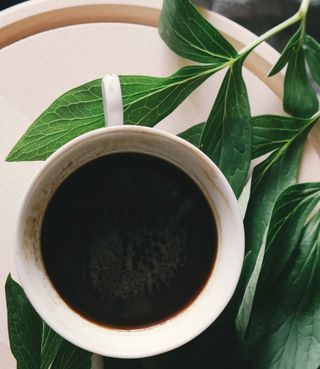
Distcinctive flavors
The altitude and terroir of a farm contribute to the nuanced flavors of specialty coffee. These distinctive flavor profiles range from fruity and floral to chocolaty or nutty. Utility, as in caffeine content, takes a back seat to the clarity of flavor and an enjoyable experience.
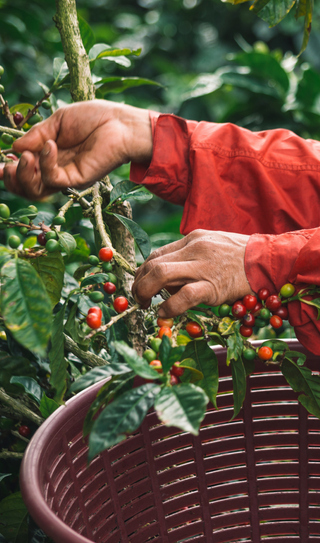
Ethical sourcing
A commitment to quality and ethical standards set specialty coffee apart from conventional or commodity coffee, like Starbucks or Folgers. It prioritizes small-scale farming and environmentally friendly practices. Direct relationships with farmers and a commitment to fair trade practices ensure that money goes into the right hands.
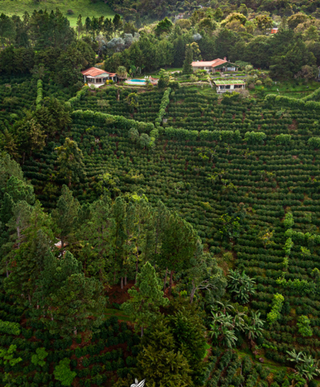
Environmentally friendly practices
The farms from which specialty coffee beans are sourced prioritize eco-friendly methods such as shade-grown cultivation and using husks as fertilizer. These methods promote biodiversity and preserves natural ecosystems.
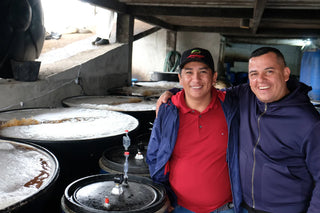
Supply chain transparency
Transparency allows consumers to know where their coffee comes from, fostering a connection to the journey of the beans and ensuring a higher level of quality control throughout the supply chain. Farms, farmers, or producers are often featured directly on the packaging, very similar to how wine bottles boast vineyards and vintages on their labels.
Why choose specialty coffee?
Investing in specialty coffee not only brings peace of mind but also contributes to fair wages for farmers and promotes sustainable farming practices, practices performed for generations with care. Equally significant, specialty coffee offers your taste buds unique experiences, elevating the day-to-day grind with moments that can be aptly described in one word: special.
For helpful tips on brewing specialty coffee at home, click here to view our brewing guide.




















